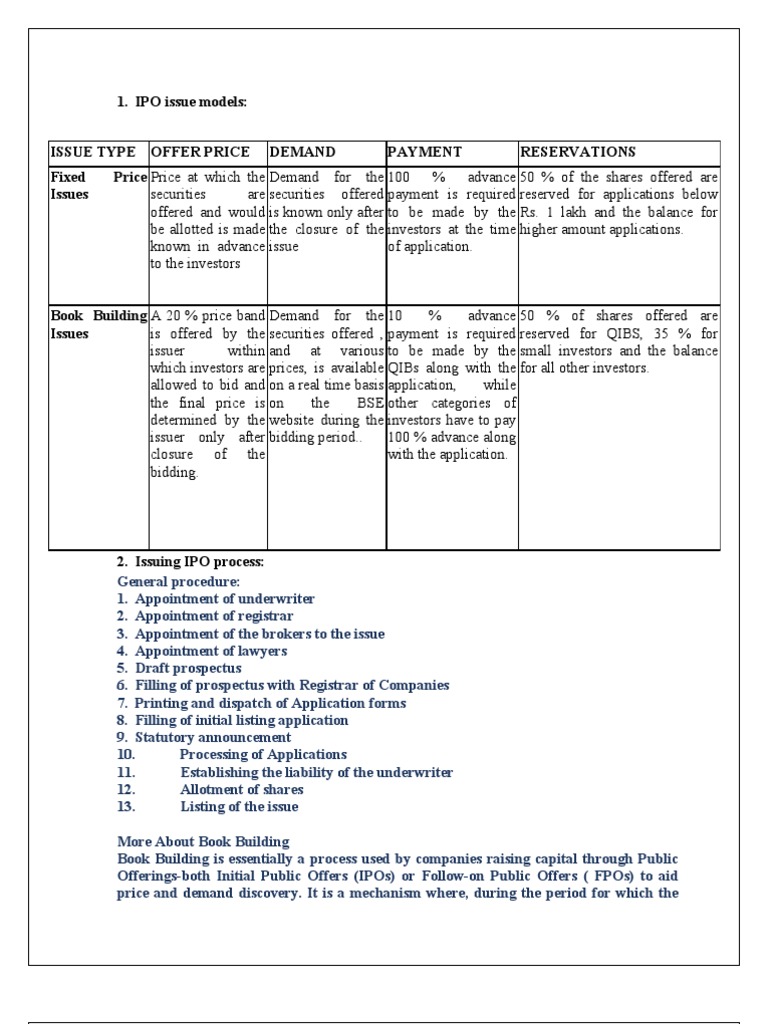Analyzing The Halt In IPO Activity Due To Tariff Disputes

Table of Contents
Investor Uncertainty: The Primary Driver of IPO Slowdowns
Tariff disputes create a significant hurdle for companies considering an IPO. The uncertainty surrounding future trade policies directly impacts a company's ability to accurately project earnings. This unpredictability is a major deterrent for investors. Geopolitical instability stemming from tariff wars increases risk aversion, making investors hesitant to commit capital to new ventures.
Industries heavily reliant on imported components or exports, such as manufacturing and technology, are particularly vulnerable. The imposition of tariffs can significantly increase production costs, disrupt supply chains, and ultimately reduce profitability. This uncertainty makes it difficult to price an IPO accurately, potentially leading to underperformance.
- Reduced investor confidence: Uncertainty about future trade policies leads to lower demand for IPO shares.
- Increased scrutiny of company financials: Supply chain disruptions necessitate a more rigorous examination of a company's financial health.
- Difficulty in forecasting revenue and profitability: Unpredictable tariff changes make accurate financial projections challenging.
Market Volatility and its Impact on IPO Timing
Tariff disputes are a major contributor to overall market volatility. The constant threat of new tariffs or retaliatory measures creates an environment of uncertainty, making it an unfavorable time for IPOs. The correlation between increased market uncertainty and delayed IPO filings is clear. Market indices like the Dow Jones and S&P 500 are highly sensitive to tariff-related news, experiencing significant fluctuations in response to trade announcements. This volatility makes it incredibly challenging to accurately price an IPO.
- Fluctuating stock prices: Unpredictable market conditions make it difficult to determine a fair IPO price.
- Increased transaction costs: Market volatility can lead to higher costs for investors.
- Potential for significant losses: Early investors risk substantial losses in a volatile market driven by tariff-related news.
Regulatory Changes and Increased Scrutiny of IPOs
Regulatory bodies are responding to the increased risks associated with tariff disputes by increasing their scrutiny of IPO applications. This means companies seeking an IPO now face more stringent due diligence processes. We can expect potential changes in disclosure requirements, particularly regarding supply chain vulnerabilities and exposure to tariffs. Companies will likely be required to provide more detailed information on how tariffs could impact their operations and financial performance.
- Stricter due diligence: Regulatory bodies are performing more thorough reviews of IPO applications.
- Increased reporting requirements: Companies face heightened demands for information related to tariff impacts.
- Potential delays in IPO approvals: Increased scrutiny can lead to significant delays in the IPO approval process.
Case Studies: Examining Specific IPO Delays or Cancellations
While specific examples may require non-disclosure agreements, hypothetically, consider the following scenarios:
- Company X: A technology firm reliant on imported semiconductors delayed its IPO due to uncertainty surrounding tariffs on these components. The company felt it was prudent to wait until greater clarity existed on trade policy before entering the market.
- Company Y: A manufacturing company with significant export operations cancelled its IPO entirely due to the negative market reaction to a new round of tariffs, fearing that the valuation of its shares would be significantly depressed.
Conclusion: Navigating the Uncertain Waters: The Future of IPOs and Tariff Disputes
The halt in IPO activity due to tariff disputes is largely driven by investor uncertainty, market volatility, and increased regulatory scrutiny. The negative impact of these trade disputes on the IPO market is undeniable. The future outlook remains uncertain, however. A resolution of trade disputes could lead to a resurgence in IPO activity, while persistent trade tensions could prolong the slowdown. Companies will need to adapt their strategies to navigate these challenges, focusing on transparency and providing comprehensive assessments of tariff-related risks.
Understanding the impact of a halt in IPO activity due to tariff disputes is crucial for informed investment decisions. Stay tuned for further analysis and insights on this developing situation, as navigating the complexities of global trade remains a critical factor in evaluating potential IPO investments.

Featured Posts
-
 Summer Transfer Liverpool Targets Teammate Speaks Out
May 14, 2025
Summer Transfer Liverpool Targets Teammate Speaks Out
May 14, 2025 -
 Barcelona Transfer News Huijsen Linked With Camp Nou Move
May 14, 2025
Barcelona Transfer News Huijsen Linked With Camp Nou Move
May 14, 2025 -
 Kanye West And Bianca Censori Back Together After A Brief Separation
May 14, 2025
Kanye West And Bianca Censori Back Together After A Brief Separation
May 14, 2025 -
 Wait Is There A Ghost In Suits La
May 14, 2025
Wait Is There A Ghost In Suits La
May 14, 2025 -
 Gde Kupiti Novakove Patike Modeli Od 1 500 Evra
May 14, 2025
Gde Kupiti Novakove Patike Modeli Od 1 500 Evra
May 14, 2025
